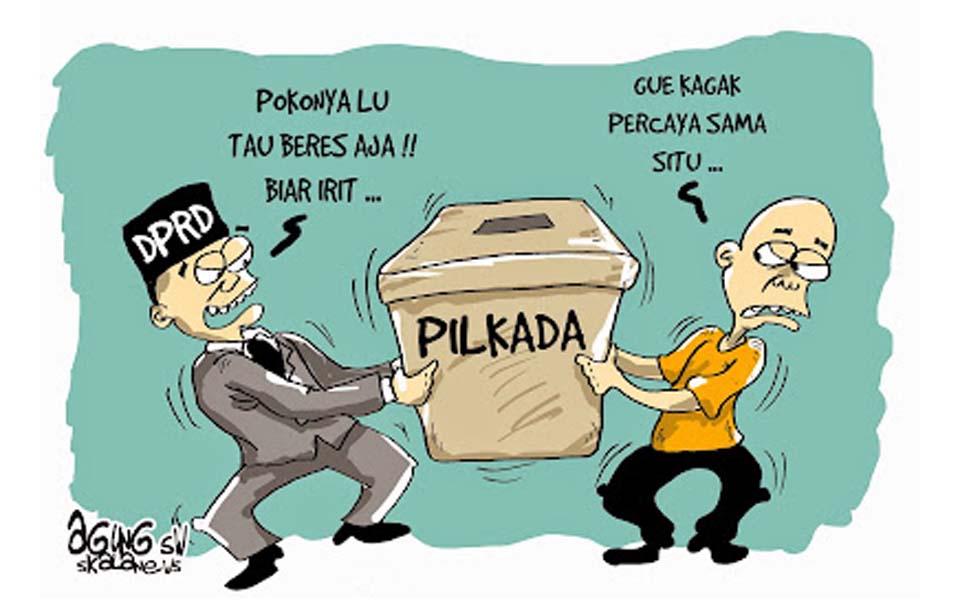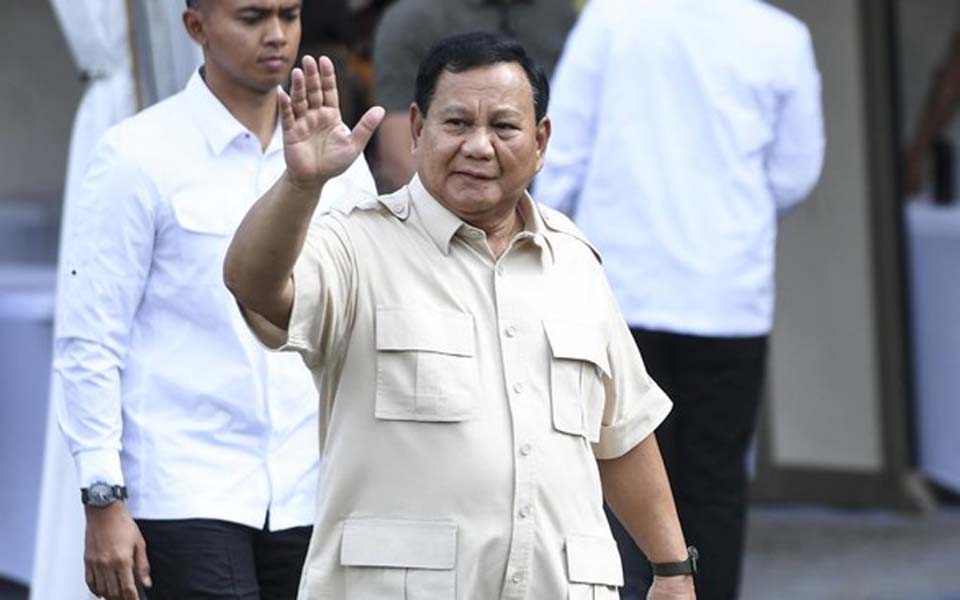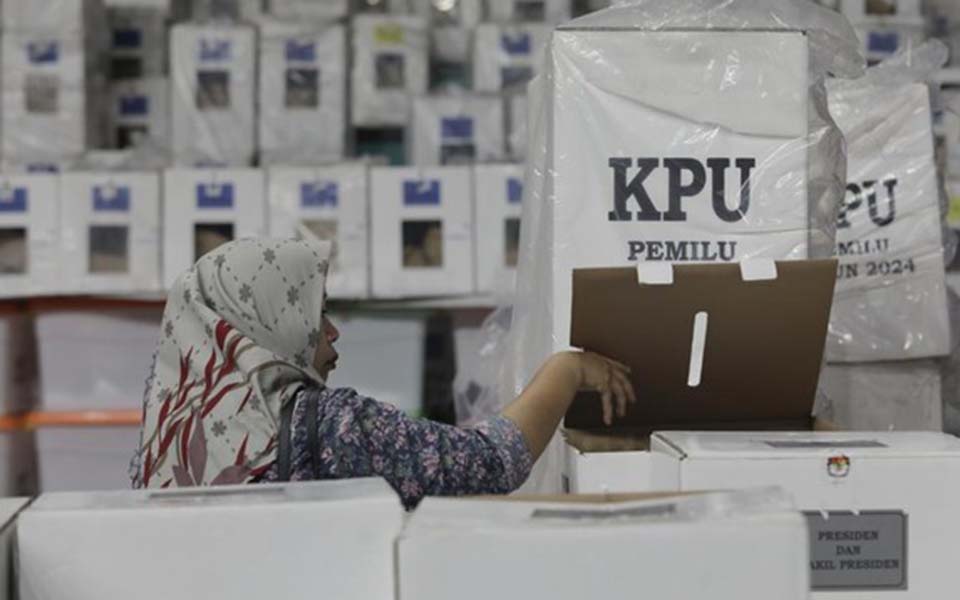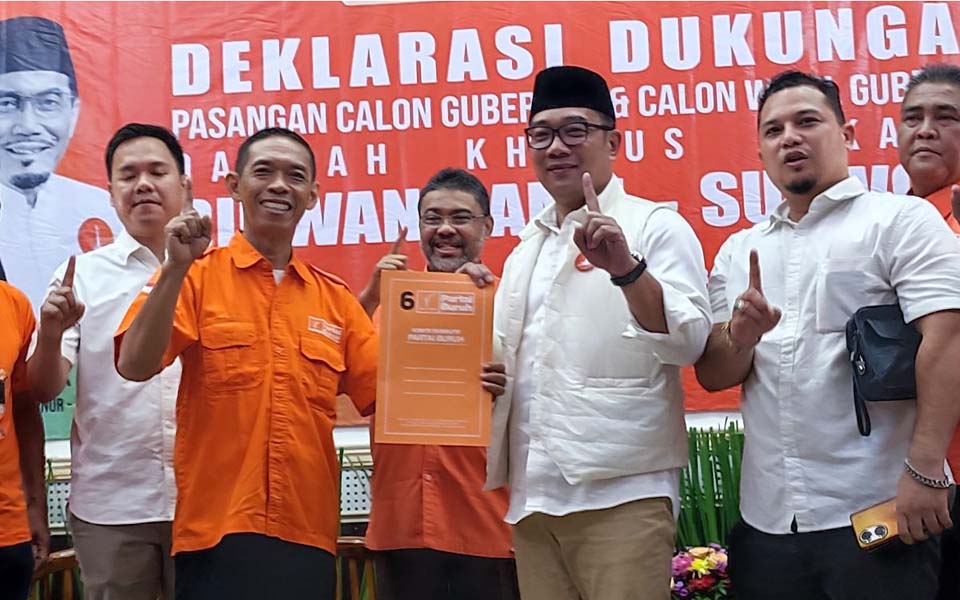Christoforus Ristianto, Jakarta – Data and facts had little effect on voting patterns in the 2019 presidential election. According to Indikator Politik Indonesia Executive Director Burhanudin Muhtadi it was identity politics using a strategy of post-truth which was actually more effective.
“Identity politics became the winning template which was usually paired with a post-truth strategy. This was more authoritative in electoral terms if compared with data and facts”, said Muhtadi during a discussion titled Religious Populism in Electoral Democracy in 2019 in the Central Jakarta suburb of Cikini on Wednesday May 29.
The widespread use of identity issues which divided society, he said, cannot be separated from the symptomatic global trend since the electoral victories of Victor Orban in Hungry (2010), the Brexit vote in Britain (2016), Donald Trump in the US (2016), Milos Zeman in Czechoslovakia (2018) and Jair Balsonaro in Brazil (2018).
It is evident that identity politics, he continued, has given birth to a sharp polarisation. Muhtadi cited an Indikator Politik exit poll of 2,975 respondents held immediately after voting on April 17 which gives a picture of how divided Indonesian society is.
“[The] Indikator [exit poll] found that traditionalist Muslim and non-Muslim groups tended to vote for the Joko Widodo-Ma’ruf Amin [ticket] while modernist Muslims tended to vote for the Prabowo Subianto-Sandiaga Uno [ticket]”, said Muhtadi.
“Ninety-five percent of non-Muslim voters voted for Jokowi-Ma’ruf, a 15 percent increase compared with 2014. Likewise, voters close to NU [the Nahdlatul Ulama Islamic mass organisation] voted for Jokowi-Ma’ruf”, he added.
Muhtadi said that in the 2019 presidential election, 56 percent of Nahdiyin [NU grassroots members] admitted to voting for Jokowi-Ma’ruf, a 12 percent increase compared with the elections five years ago.
Conversely, the Prabowo-Sandiaga ticket won decisively among members of Muhammadiyah, the Islamic Union (Persis) and other modernist Islamic mass organisation.
“So, because of identity politics, voters had already made their choice long before open mass campaigning began”, he explained.
[Translated by James Balowski. The original title of the article was “ Politik Identitas Dianggap Sebagai “Winning Template” di Pilpres 2019”.]















